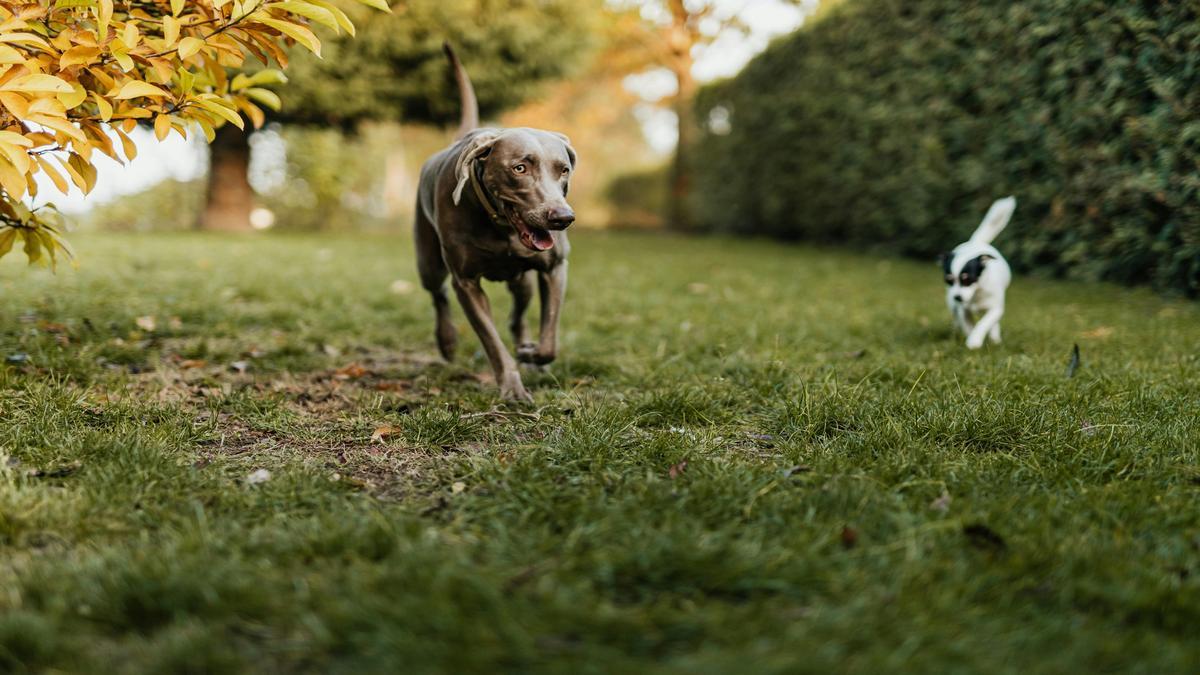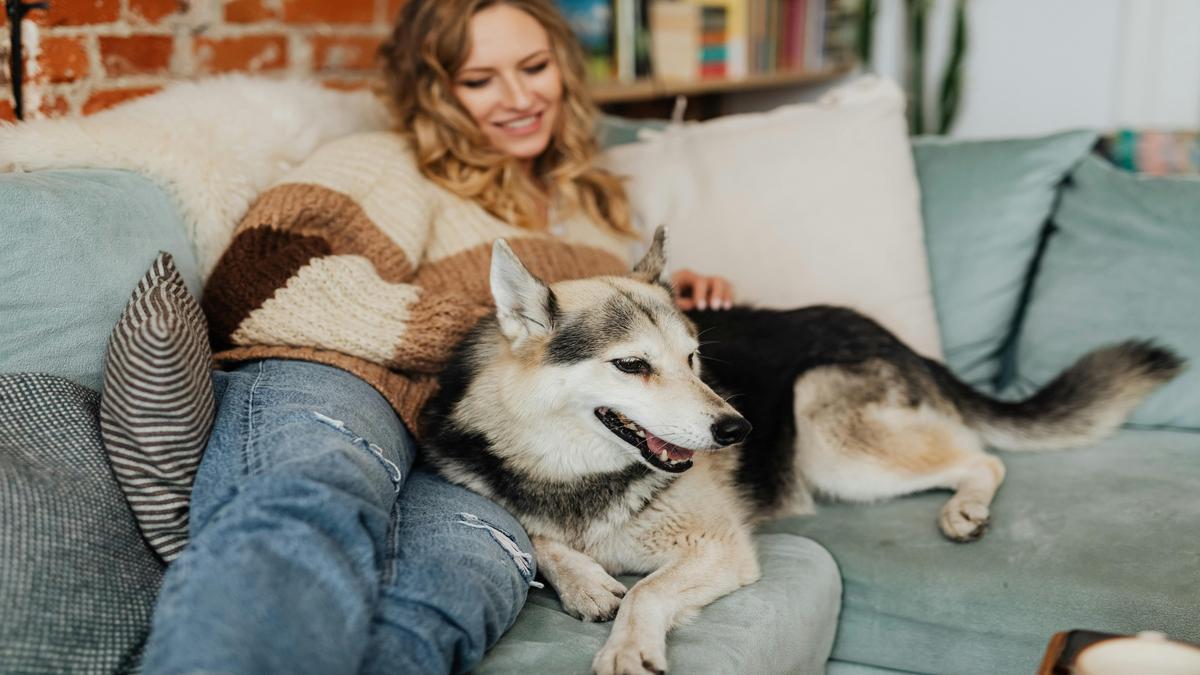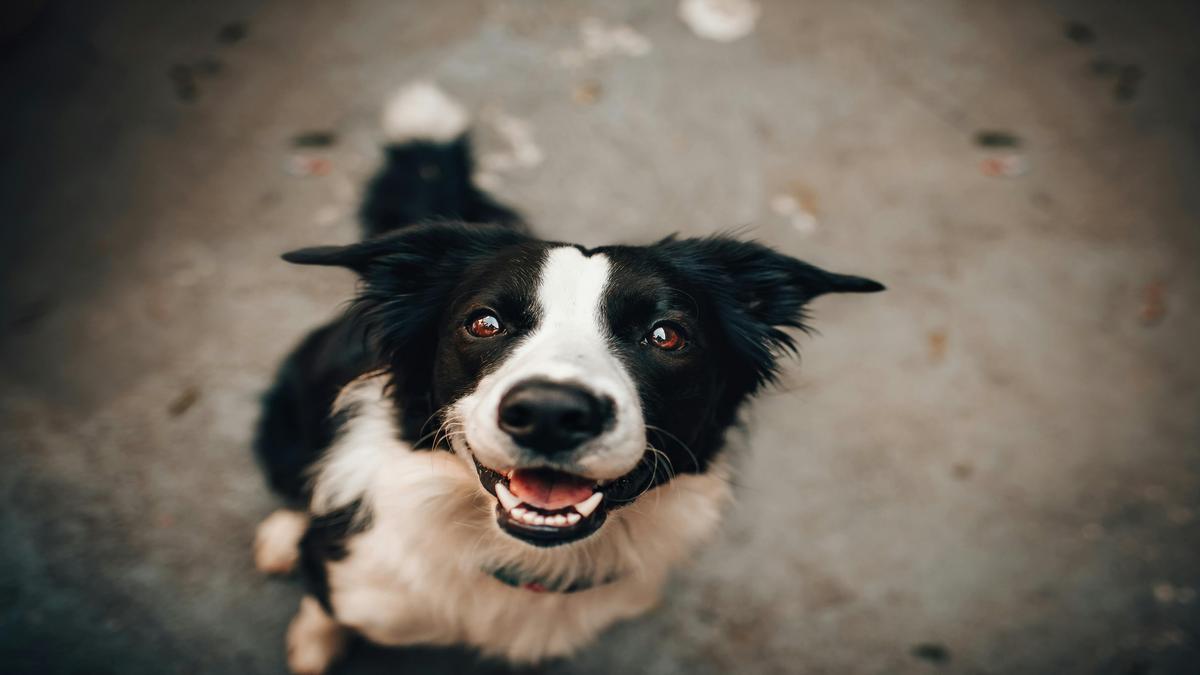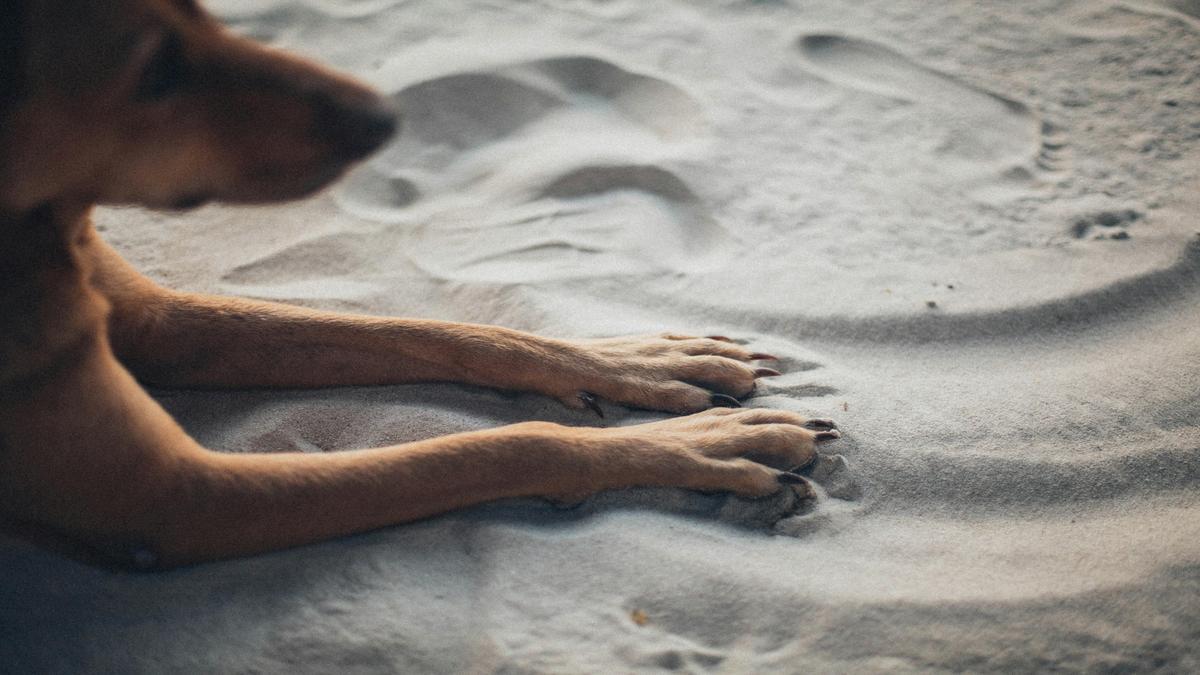Excessive Paw Licking: Anxiety, Stress, or Pain
Excessive Paw Licking: Does your furry friend constantly lick their paws? Understanding why your dog exhibits this behavior is crucial for their well-being. From anxiety and stress to pain and discomfort, there are various reasons why dogs engage in excessive paw licking. By recognizing the signs and seeking veterinary advice, you can help your canine companion lead a happier, healthier life. Stay tuned to learn more about the potential causes and remedies for excessive paw licking in dogs.
Key Takeaway
- Ensure proper grooming and hygiene for your dog.
- Check for any underlying medical issues causing the excessive licking.
- Address any allergies or sensitivities your dog may have.
- Provide mental and physical stimulation to prevent boredom.
- Consult with a veterinarian for proper diagnosis and treatment.

Behavioral Reasons for Dogs Licking Paws
Understanding Your Dog’s Behavior
When your furry friend starts licking their paws excessively, it could be a sign of an underlying issue. Understanding your dog’s behavior is crucial in deciphering what they might be trying to communicate. Dogs communicate through their actions, and paw licking is their way of expressing discomfort or distress.
Signs of Stress and Anxiety in Dogs
Recognizing common stress signals in dogs
Dogs can’t verbally communicate their feelings, so they rely on body language to express themselves. If your dog is experiencing stress or anxiety, they may exhibit certain behaviors. Here are some common stress signals to look out for:
- Excessive Paw Licking: Indicates discomfort or anxiety.
- Panting: Could signal overheating or stress.
- Pacing: Shows restlessness or unease.
- Whining: Indicates emotional distress.
- Avoidance: Trying to escape from the source of stress.
By recognizing these signs, you can better understand your dog’s emotional state and provide the necessary support and comfort.
Medical Causes of Excessive Paw Licking
Identifying Underlying Health Issues
If your dog is constantly licking their paws, it could be a sign of an underlying health issue. It’s essential to pay attention to any changes in their behavior and seek veterinary advice to rule out any medical causes for the excessive paw licking.
Symptoms of Canine Pododermatitis
Canine pododermatitis is a condition that causes inflammation of the paws, leading to excessive licking. Some symptoms to watch out for include:
- Redness and swelling of the paws
- Limping or reluctance to walk
- Pain when touching the paws
- Pus or discharge from the paws
Exploring potential medical reasons for excessive paw licking
To better understand the medical reasons behind your dog’s excessive paw licking, let’s explore some potential causes:
- Allergies: Itchy skin, redness, ear infections.
- Parasites: Scratching, hair loss, visible parasites.
- Infections: Swelling, discharge, foul odor.
- Pain or Injury: Limping, sensitivity to touch.
- Autoimmune Diseases: Hair loss, ulcers, lethargy.
By identifying these symptoms and consulting with your vet, you can narrow down the potential medical causes for your dog’s excessive paw licking.

Remedies to Stop Dog from Licking Paws
Effective Home Treatments
If your furry friend is constantly licking their paws, it could be a sign of underlying issues such as anxiety, stress, or pain. To help alleviate this behavior, here are some effective home treatments you can try:
- Keep paws clean and dry: Regularly cleaning your dog’s paws and ensuring they are dry can help prevent irritation that may lead to excessive licking.
- Use an E-collar: A cone or Elizabethan collar can prevent your dog from reaching their paws and give them a chance to heal.
- Provide distractions: Offer toys or treats to redirect your dog’s attention away from their paws.
Using Dog-Friendly Paw Balms
Another option to help stop your dog from licking their paws is to use dog-friendly paw balms. These balms can help moisturize your dog’s paws and create a barrier to prevent further irritation. Here are some benefits of using paw balms:
- Moisturizes paws
- Creates a protective barrier
- Soothes irritated skin
Managing compulsive paw licking with natural remedies
If your dog’s paw licking is compulsive, you may want to consider natural remedies to help manage this behavior. Some options include:
- Chamomile tea: Soaking your dog’s paws in chamomile tea can help calm irritated skin.
- Coconut oil: Applying coconut oil to your dog’s paws can moisturize and nourish the skin.
By combining these natural remedies with positive reinforcement techniques, you can help your dog overcome their compulsive paw licking.
Importance of Seeking Veterinary Advice
Consulting a Professional
When it comes to understanding your furry friend’s behavior, seeking veterinary advice is crucial. A veterinarian can provide expert guidance on decoding your canine companion’s actions. They have the knowledge and experience to help you navigate the complexities of your dog’s behavior.
Diagnostic Tests for Dog Paw Licking
If your dog is excessively licking their paws, it could be a sign of underlying issues such as anxiety, stress, or pain. Here are some diagnostic tests that a veterinarian may recommend:
- Allergy Testing: To rule out any allergies causing the paw licking.
- Skin Scraping: To check for skin infections or parasites.
- X-rays: To examine for any joint issues or injuries.
- Blood Tests: To assess overall health and inflammation levels.
When to seek medical help for excessive paw licking
If your dog is persistently licking their paws and you notice redness, swelling, limping, or hair loss, it is vital to seek medical help promptly. These symptoms could indicate a more serious underlying condition that requires immediate attention from a veterinarian.

Understanding Canine Anxiety and Stress
Causes of Anxiety in Dogs
Dogs, just like humans, can experience anxiety and stress. There are various reasons why your furry friend may be feeling anxious, including:
- Separation anxiety: When your dog is left alone for extended periods, they may become anxious.
- Loud noises: Thunderstorms, fireworks, or loud construction noises can trigger anxiety in dogs.
- Changes in routine: Dogs thrive on routine, so any sudden changes can cause stress.
- Traumatic experiences: Past traumas or negative experiences can lead to anxiety in dogs.
Impact of Stress on Dog Behavior
When a dog is stressed, it can manifest in various behaviors, such as excessive paw licking. This behavior can be a coping mechanism for dogs dealing with anxiety. It’s essential to address the root cause of the stress to help your furry friend feel more at ease.
Managing anxiety-related paw licking in dogs
By identifying the triggers for your dog’s excessive paw licking, you can help them manage their anxiety more effectively.
Treatment Options for Pain-Related Paw Licking
Pain Management for Dogs
When your furry friend is suffering from pain, it can be challenging to see them in discomfort. To help manage your dog’s pain effectively, it’s crucial to consult with your veterinarian for the best course of action. They may recommend medications, physical therapy, or other treatments tailored to your dog’s specific needs.
Addressing Joint Pain and Arthritis
Joint pain and arthritis are common causes of discomfort in dogs, leading to excessive paw licking as a way to alleviate the pain. Here are some ways to address these issues and help your canine companion feel better:
Alleviating pain-induced paw licking in dogs
- Medication: Prescribed by a veterinarian to manage pain and inflammation.
- Weight Management: Maintaining a healthy weight to reduce pressure on joints.
- Joint Supplements: Providing nutritional support for joint health.
- Physical Therapy: Exercises and activities to improve mobility and reduce pain.
By combining these treatment options, you can help alleviate your dog’s pain and reduce their urge to lick their paws excessively.
Frequently asked questions
Is excessive paw licking normal behavior for dogs?
Excessive paw licking can indicate an underlying issue such as anxiety, stress, or pain.
How can I tell if my dog is excessively licking their paws?
If you notice your dog obsessively licking their paws to the point of irritation or discomfort, it may be considered excessive.
What are some common reasons for dogs to excessively lick their paws?
Dogs may lick their paws excessively due to allergies, skin irritation, boredom, anxiety, stress, or pain.
How can I help my dog if they are excessively licking their paws?
Consult with your veterinarian to determine the underlying cause and appropriate treatment plan for your dog’s excessive paw licking.
When should I be concerned about my dog’s excessive paw licking?
If your dog’s paw licking is persistent, causing wounds or inflammation, or impacting their quality of life, it is essential to seek veterinary advice promptly.

